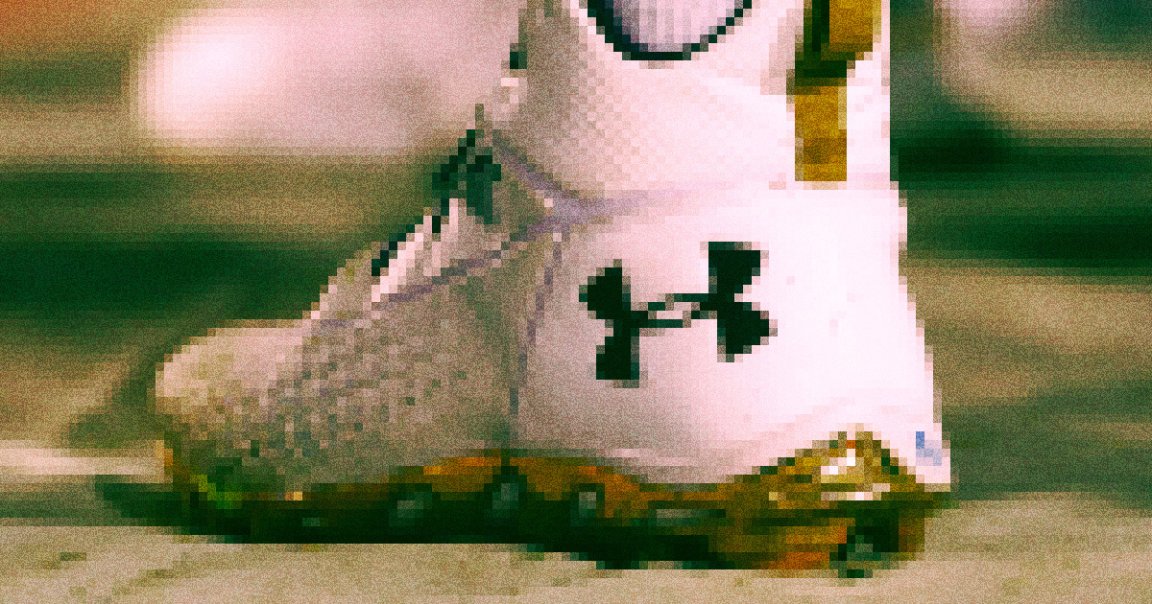
Bad Sport
American sportswear brand Under Armour has come under fire for releasing an “AI-powered ad” that recycled footage made for previous commercials without giving full credit, TechCrunch reports, raising concern over whether the AI technology was being used to paper over the contributions made by human artists.
The one-minute commercial, which features British boxer Anthony Joshua in a black and white, fast-cutting montage, was shared on social media by Joshua, Under Armour, and director Wes Walker.
In an Instagram post, Walker called it the “world’s first AI-powered sports commercial,” and he claims it mixes human-created footage and visual effects with “AI video, AI photo… and advances in AI voiceover.” It’s impressively edited, but it’s also obvious when the ad’s switching between grittier human photography and weirdly smooth AI images.
“We’re in the future — defining the next phase of cinema is an active experiment,” Walker said.
Beneath the Surface
Though Walker claims that art in the AI age will still belong to the creatives, it turns out that he initially didn’t give proper credit for his ad, which made significant use of footage shot for a previous Under Armor commercial two years ago by another director.
Deepening the drama, that director, Gustav Johannson, personally — but gently — called out Walker under his ad. “Cool film, but all the stuff with the athlete is shot by André [Chemetoff] and from a commercial I did?” Johansson wrote in a comment, as quoted by TechCrunch.
Johannson conceded that Under Armour could do what they wanted with the footage, but that it was a “slippery slope” for a creative like Walker to say “it’s AI when it’s actually humans behind” the work.
“AI has nothing to do with it really, it’s more how you choose to label and promote your work [is] even more important when times are shifting,” he added, per TechCrunch.
Reused and Abused
As the exchange dragged on, Walker eventually gave written credit to Johansson and his cinematographer in the video’s description. But by then, other creatives in the industry had caught wind of the drama — and most were not approving.
“This whole thing is soulless — from the use of AI to the use of other people’s work and crediting yourself,” wrote set designer Andrea Huelse in a comment. “If you don’t honor and protect others in this industry, you’re part of the problem,” she added.
Hermeilio Miguel Aquino, a filmmaker and photographer who’s done work for brands like Land Rover and Sony Music, called it “massively concerning.”
“I’m a photographer. I’ve taken shots and photographed campaigns for huge brands,” Aquino told EuroNews. “Am I going to start seeing my photographs put on an AI engine and turned into a video?”
Whether more big brands will buckle to the AI trend remains to be seen, but the odds are that yes: your work probably got ingested to train huge generative AIs like Sora.
More on AI: The Company That Published Fake AI Authors at Sports Illustrated Just Lost the Whole Magazine